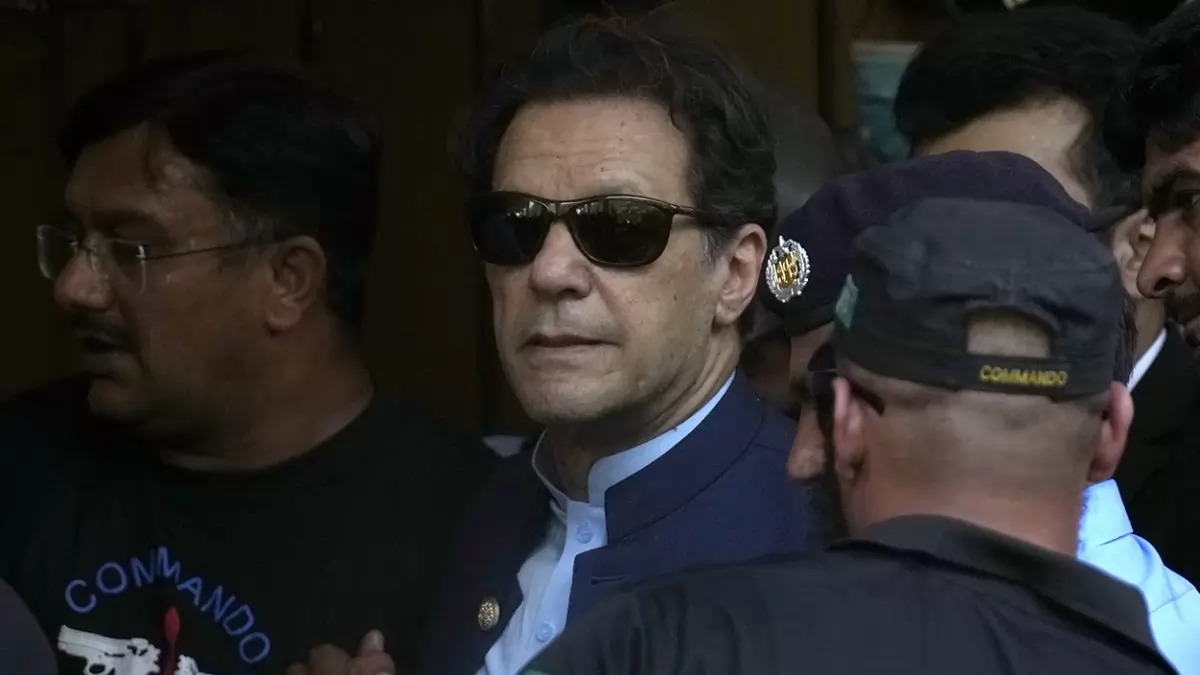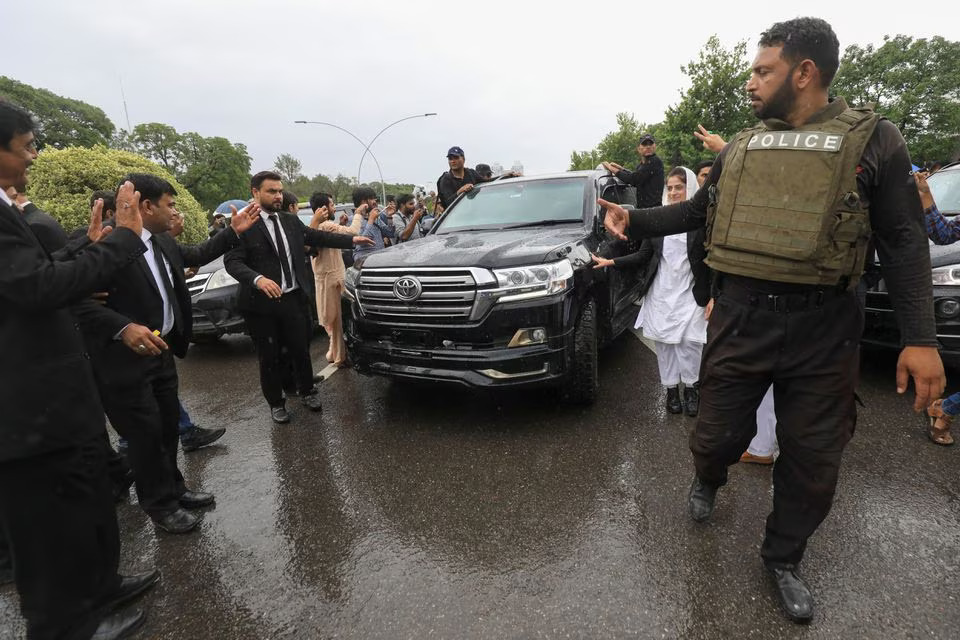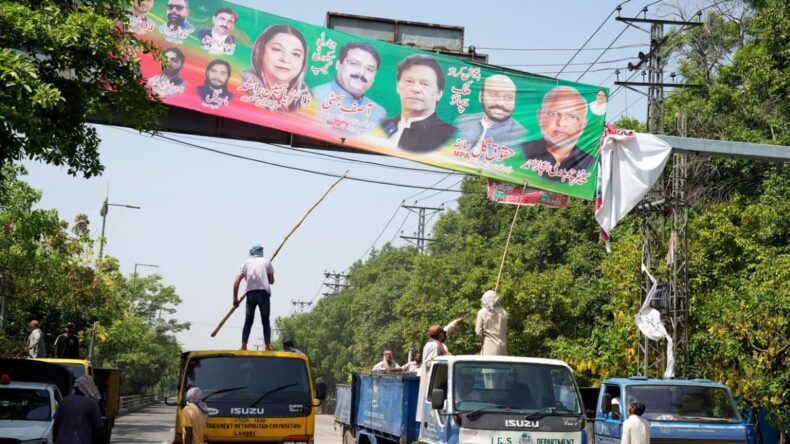Imran Khan’s court appearance and the extension of his pre-arrest bail in multiple cases have garnered national and international attention, heightening the volatility of the situation.
Former Prime Minister Imran Khan of Pakistan appeared before an anti-terrorism court in Lahore on Friday, seeking an extension to his pre-arrest bail in three cases, including an attack on a military commander’s residence. Amid heightened security measures, Khan reiterated the presence of “serious threats” to his life. The Pakistan Tehreek-e-Insaf (PTI) party leader also sought an extension of his bail in the murder case of PTI worker Zille Shah, which the Lahore High Court granted till June 6.

During the proceedings at the anti-terrorism court, Judge Ijaz Ahmad Buttar questioned Khan’s absence from the investigation related to the attack on Lahore Corps Commander House, commonly known as Jinnah House. In response, Khan informed the court that he had requested to join the probe through a video link due to security concerns, but his request was declined. Despite Khan’s plea, the judge directed him to participate in the investigation and extended his bail until June 13.

Violence and Damage Across Pakistan
The events of May 9 unleashed violence across Pakistan following Imran Khan’s arrest by the National Accountability Board (NAB) on corruption charges. The mayhem resulted in extensive damage to over 20 military installations and government buildings, including the military headquarters in Rawalpindi. Regarded as the “Black Day” in Pakistan’s history, the unrest claimed the lives of more than 10 individuals and saw over 100 vehicles of the police and other security agencies set ablaze.
Imran Khan’s Claims and Arrests of PTI Supporters
Imran Khan, however, countered the official narrative by asserting that over 25 PTI workers lost their lives during the violence. Furthermore, he claimed that law enforcement agencies arrested more than 10,000 PTI supporters across the country, with Punjab alone accounting for approximately 4,000 arrests. These figures demonstrate the significant impact of the unrest that unfolded in the aftermath of Khan’s arrest.
The PTI chairman’s legal battles continued as his pre-arrest bail in four cases, including the aforementioned ones, was extended until June 13. The investigating officer stated that Khan had not participated in the investigation, prompting the judge to direct the officer to present a questionnaire to Khan and record his statement. The prosecution objected to recording the statement in the presence of Khan’s lawyers, but the judge extended Khan’s bail until June 6. Following the court appearance, Khan cooperated with the police and recorded his statement.













